TOS Council
PURPOSE AND DUTIES
TOS Council members guide the direction and activities of the Society. Representing the broad range of expertise and experience across the ocean sciences, Council members serve a three-year term and participate in regular conference calls to conduct customary oversight responsibilities such as reviewing financial and other reports as well as developing and implementing new programs.
MEMBERS
Scroll down for the full list TOS Council Members and Officers.
Interested in joining the Council? Click on the “JOINING THE COUNCIL” tab below and learn more.
MEETINGS
EXPECTATIONS
The TOS Values Statement guides Council activities, and all members abide by the TOS Policy on Professional Integrity, Ethics, and Conduct. All meetings are conducted adhering to “rules of engagement” detailed below.
RULES OF ENGAGEMENT
In addition to the formal TOS Policy, members of this group abide by the following “rules of engagement” (inspired by suggestions from Unlearning Racism in Geoscience deliverables and the Inclusive Scientific Meetings guide prepared by 500 Women Scientists).
1. We strive to dismantle imbalances of power and privilege during our interactions. Such examples include, but are not limited to, imbalanced dynamics that may occur between:
a. Black, Indigenous, and People of Color and white committee members
b. Late and early career committee members
c. Those that are comfortable expressing their opinions and those that are not
d. People of different genders and gender identities
e. Members facing audio/visual/mobility challenges and those who do not
2. We strive not to invalidate anyone else’s story with our own spin.
3. We assume that everyone has good intentions and yet that they can still unintentionally hurt others with their statements.
4. During meetings, we strive to be conscious of body language and non-verbal responses that may indicate feelings of disrespect or harm, and we strive to create welcoming and accessible synchronous and asynchronous meeting spaces so that committee members can contribute fully and to the best of their abilities.
5. We recognize and respect that stories, opinions and reflections shared in committee meetings can be very personal and make individuals vulnerable.
6. We agree to maintain confidentiality to protect and value every committee member’s vulnerability. All stories and opinions shared during committee meetings and deliberations cannot be shared, posted, or copied outside the committee without permission by the person who shared the story or opinion.
7. We strive to create a culture of independent decision-making and respectful dissent. To this end, committee members are encouraged to respectfully challenge assumptions and ideas without personal attack, and communicate without being defensive.
8. We are open to being held accountable to our actions and words.
9. We agree that openly and passively aggressive interactions have no place in this committee. This applies to all modes of communication – in person, virtual meetings, email, Slack, etc. Examples include sarcasm, feigned surprise, speaking over others, centering whiteness, or other similar harmful behavior. Anyone engaging in such behavior will be respectfully, but firmly, counseled by any committee member to desist, regroup, and reflect. We agree to pause and address such warning signs.
10. We strive to speak from our own experiences instead of generalizing (i.e. “I” instead of “they”, “we”, “you”)
11. We will strive to listen actively and respect others when they are talking; and to ensure that all individuals have an opportunity to have their voice heard.
12. While we will strive to agree, we recognize that the goal is not agreement, but rather to gain a deeper understanding together.
13. We will remind ourselves of these ground rules at the start of each year.
JOINING THE COUNCIL
The Oceanography Society provides opportunities for members to gain valuable leadership experience while supporting the society’s mission and values by election to the TOS Council. We encourage self-nominations from across the broad ocean sciences community.
SCHEDULE
The self-nomination process to be considered for the Council election ballot begins in the summer. Review, candidate selection, and election by TOS membership occurs in the fall. The terms of Council begin on January 1 of each year; rotation is staggered to provide continuity.
ELIGIBILITY
All TOS members are eligible to nominate themselves for consideration for Council positions. Persons who are not TOS members are eligible to self nominate with the understanding that if elected, they must become a TOS member.
CRITERIA
Applications will be scored according to the evaluation rubric.
APPLICATION
Apply online to be considered for the election ballot.
REVIEW AND SELECTION
Current Council members review and score applicants according to the evaluation rubric. Current Council members will review all submissions and inform applicants about the decision to be included on the TOS Council election ballot each Fall.
QUESTIONS?
Please contact Jenny Ramarui, TOS Executive Director.
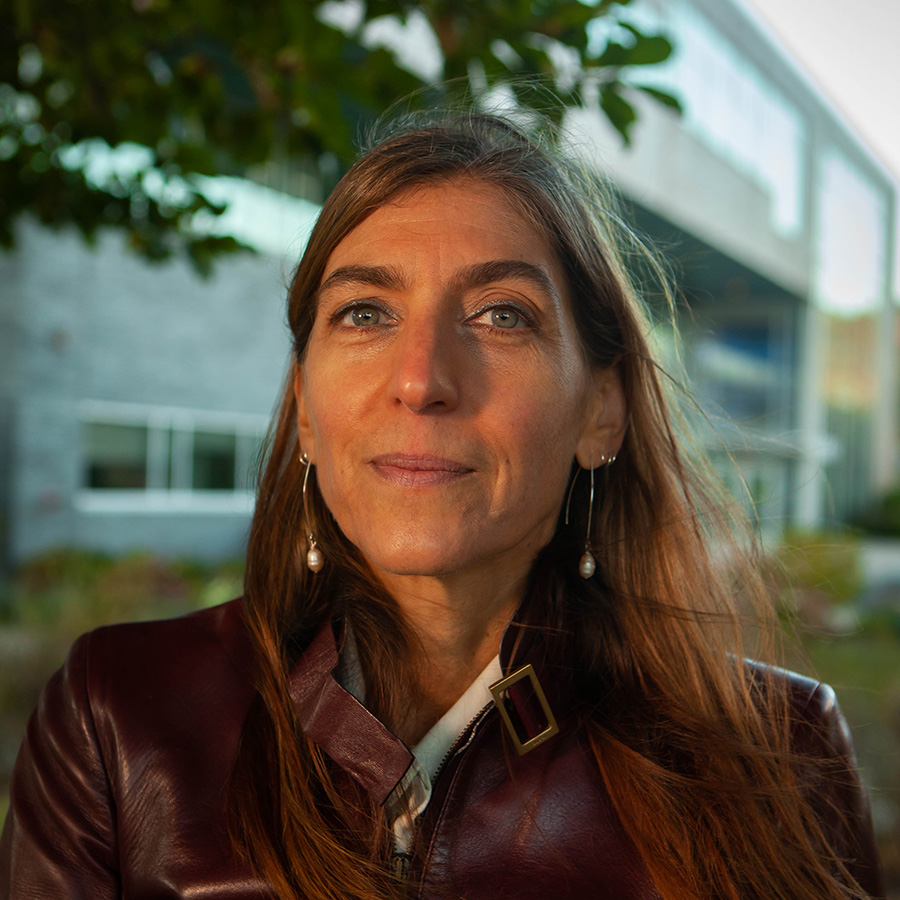
Paula Bontempi
President
January 2025 – December 2026
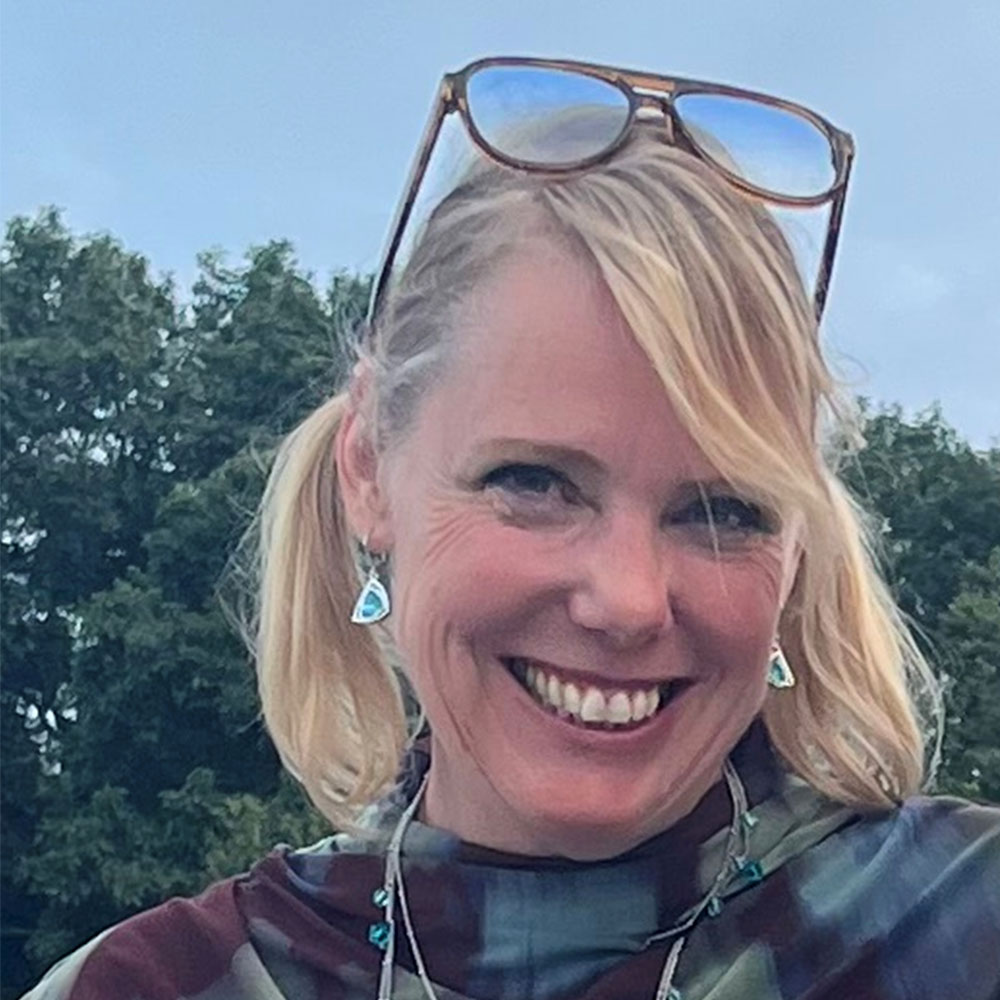
Heidi Dierssen
President-Elect
January 2025 – December 2026
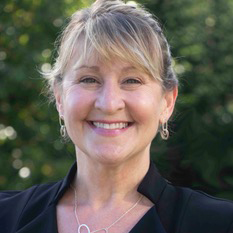
Deborah Bronk
Past-President
January 2025 – December 2026
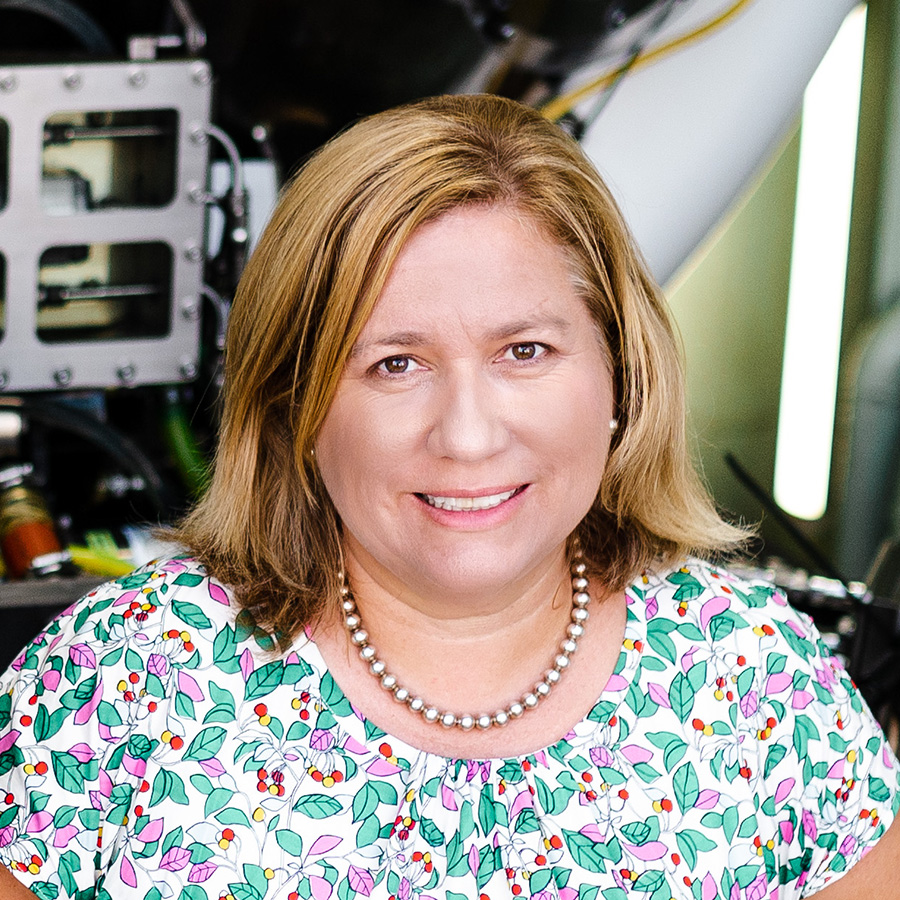
Applied Technology Councilor
Anna Michel
February 2023 – December 2025
Representing the applied ocean technology community including aspects such as technological innovation, ocean engineering, and private sector ocean services.

At-Large Councilor
Leonard Pace
January 2025 – December 2027
Representing crosscutting issues including aspects of interdisciplinary ocean science, internationalization, and justice, equity, diversity, and inclusion (JEDI).

Biological Oceanography Councilor
Grace Saba
February 2024 – December 2026
Representing the ocean biological science community including disciplines such as biological oceanography, marine ecology, biodiversity, fisheries sciences, benthic ecology, and marine genomics.
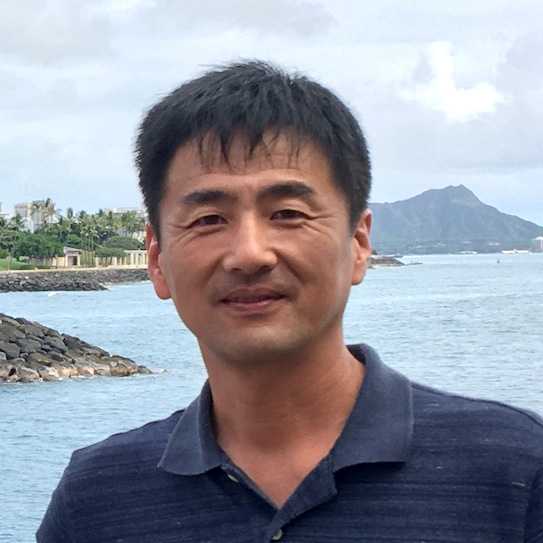
Chemical Oceanography Councilor
Jun Nishioka
February 2023 – December 2025
Representing the ocean chemistry community including disciplines such as marine chemistry, biogeochemistry, gas exchange, nutrient cycles, and ocean carbon chemistry.
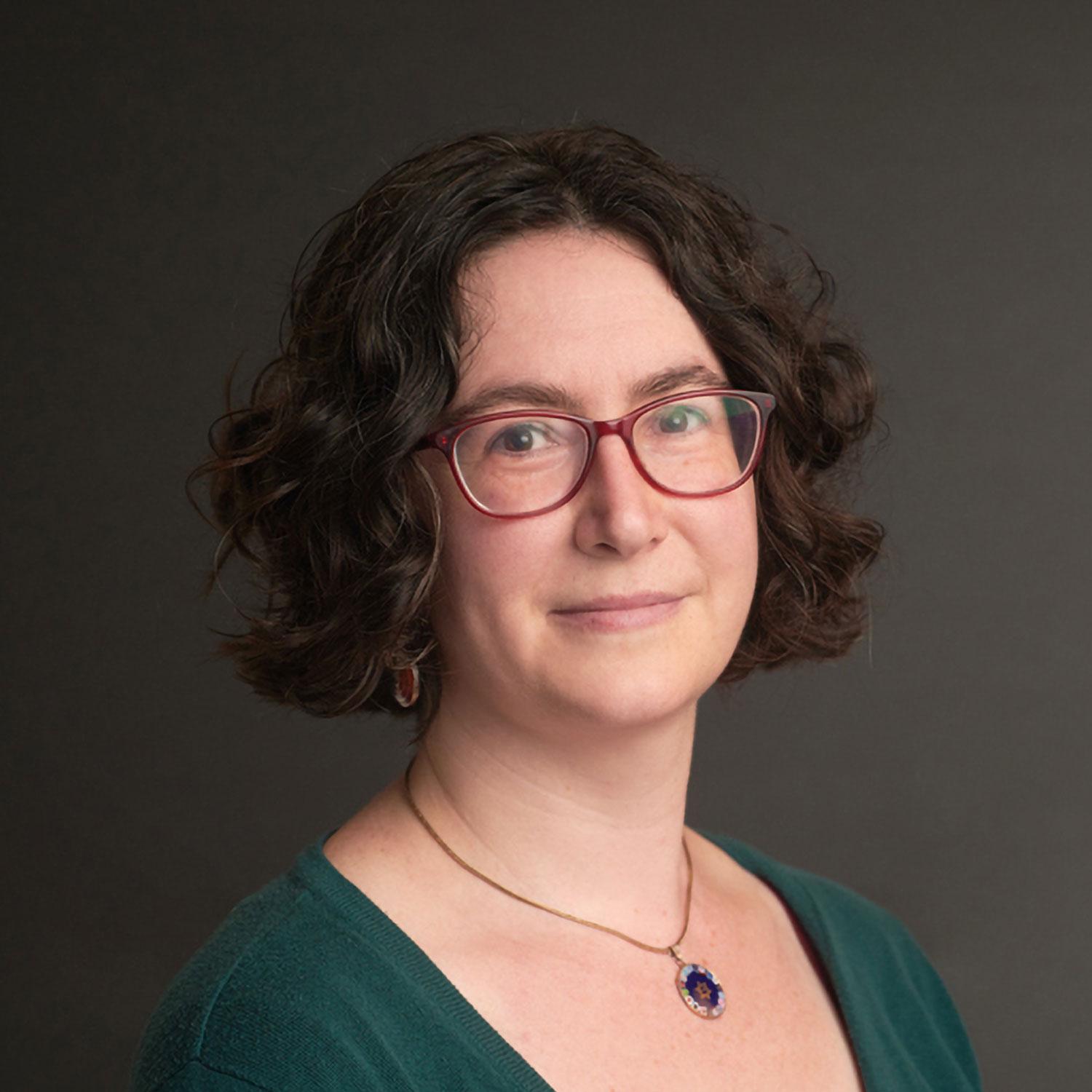
Early Career Councilor
Hilary Palevsky
February 2024 – December 2026
Representing the needs and communicates opportunities for early career ocean professionals across all areas of engagement of the TOS family.
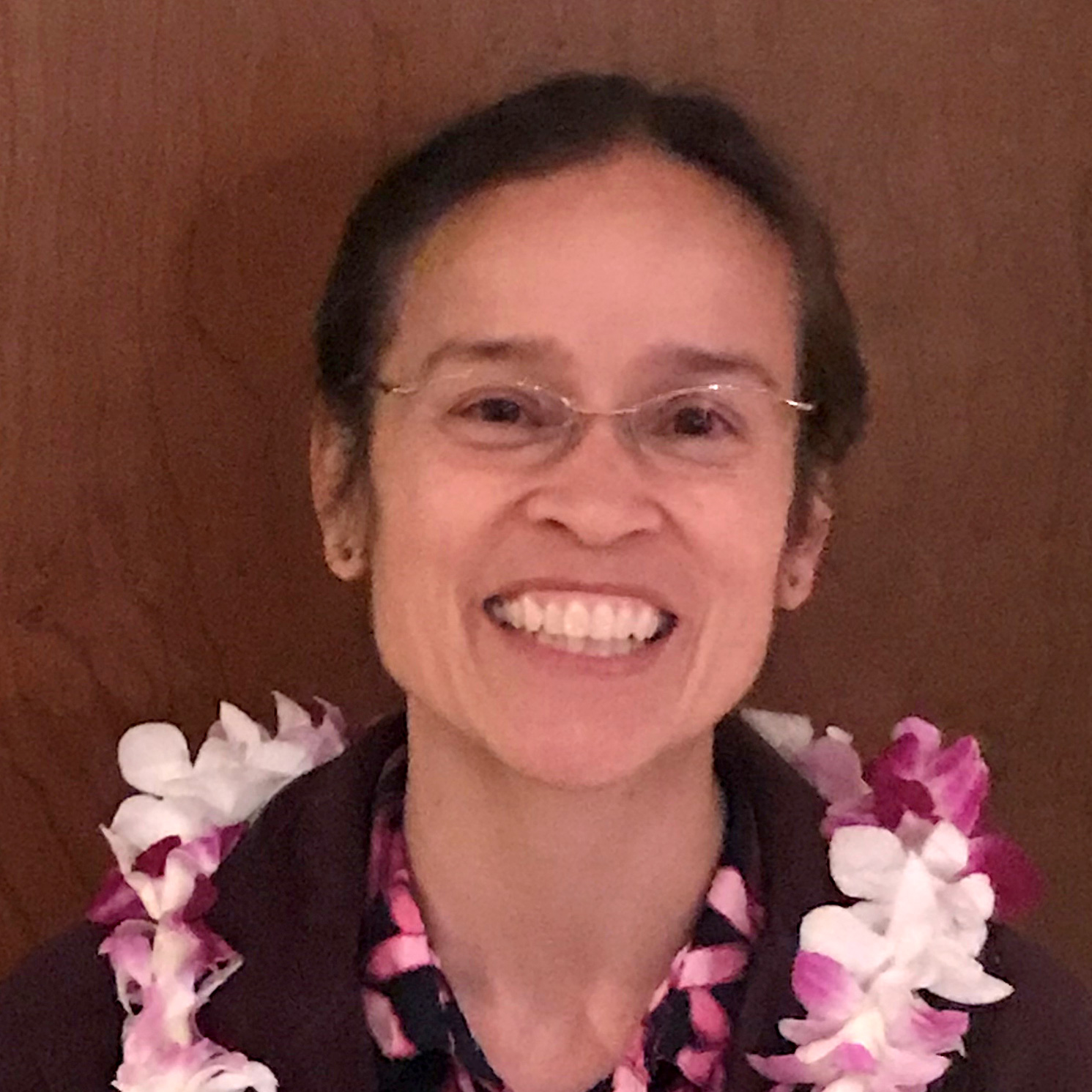
Education Councilor
Leilani Arthurs
February 2024 – December 2026
Representing the ocean education community including aspects such as ocean education curricula, ocean literacy, school programs and engagement of young minds.

Geological Oceanography Councilor
Jon Lewis
January 2025 – December 2027
Representing the ocean geological community including disciplines such as marine geology, petrology, geophysics, sedimentology, geological resources, marine geohazards, and paleoceanography.
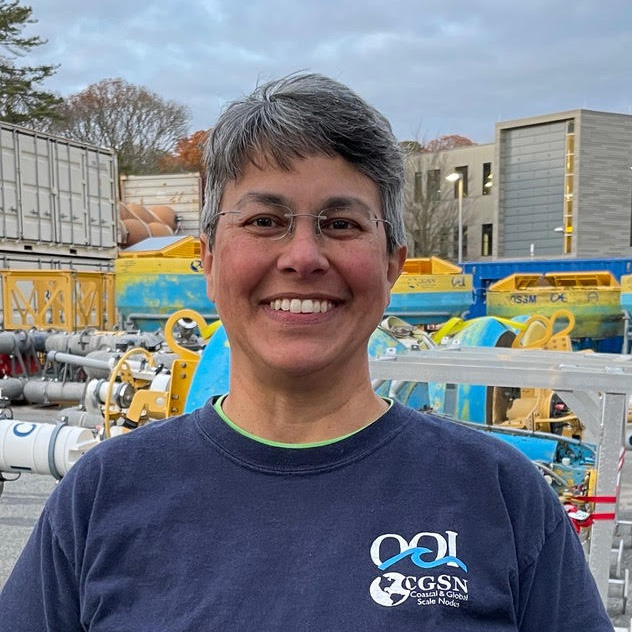
Justice, Equity, Diversity, and Inclusion Councilor
Sheri White
February 2023 – December 2025
Representing the TOS JEDI Committee on the Council, attending quarterly meeting and other TOS-sanctioned activities, and supporting efforts to advance justice, equity, diversity, and inclusion for historically excluded and underrepresented groups within TOS and the ocean science community.
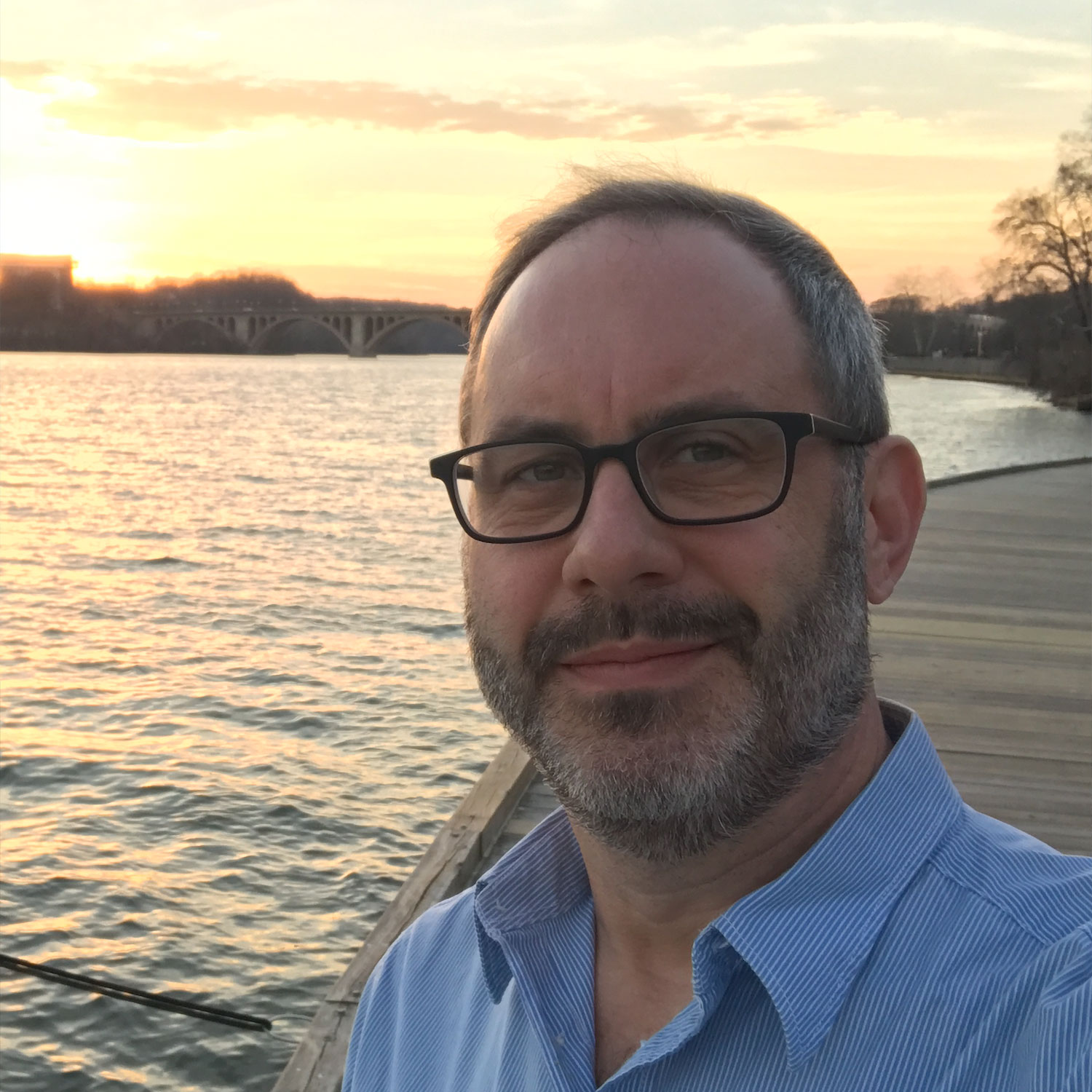
Ocean Data Science Councilor
Jeremy Werdell
February 2024 – December 2026
Representing the ocean data science community including disciplines such as informatics, ocean data sciences, interoperability, big-data, data visualization, data sharing.
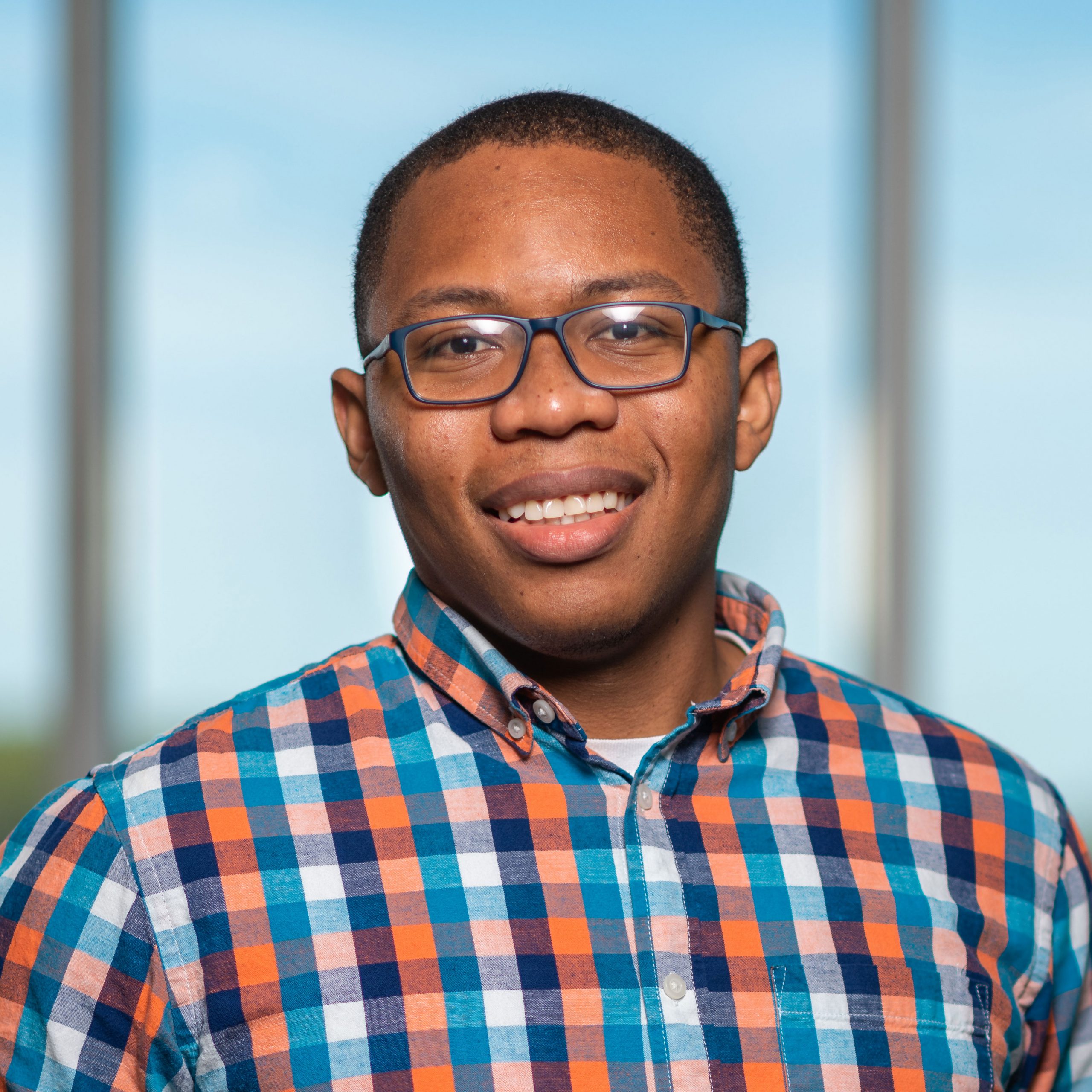
Ocean Social Science and Policy Councilor
Eric Wade
February 2024 – December 2026
Representing the ocean social science community broadly defined including disciplines such as law of the sea, marine social sciences, ocean resource economics, marine policy and marine environmental ethics.
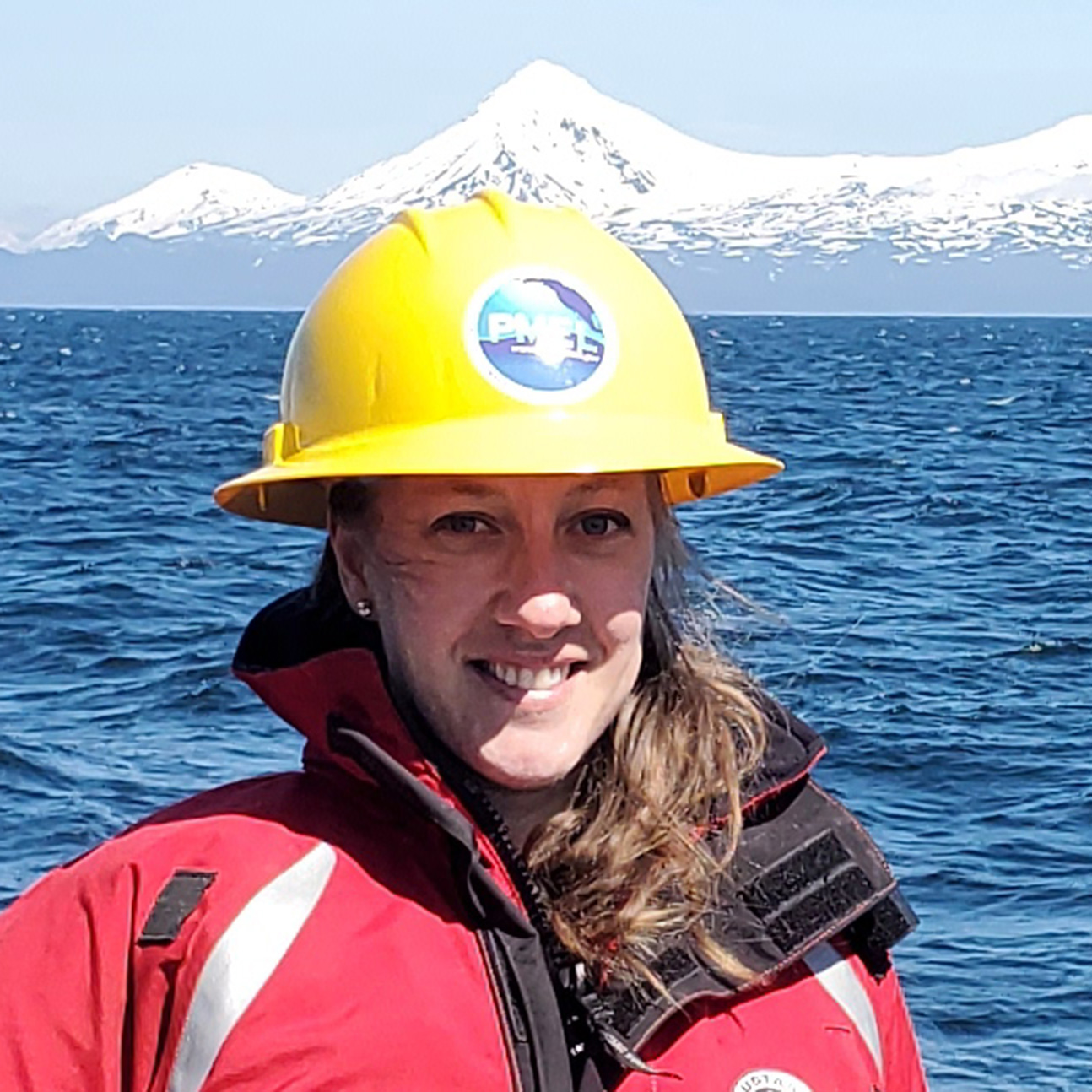
PHYSICAL OCEANOGRAPHY Councilor
Emily Lemagie
February 2024 – December 2026
Representing the ocean physics community including disciplines such as physical oceanography, ocean acoustics, ocean circulation, physical ocean climate, air-sea exchanges.

Student Councilor
Moronke Harris
January 2025 – December 2027
Bringing the perspectives of students to the council and working to cultivate engagement with TOS student members.
Jenny Ramarui
Executive Director
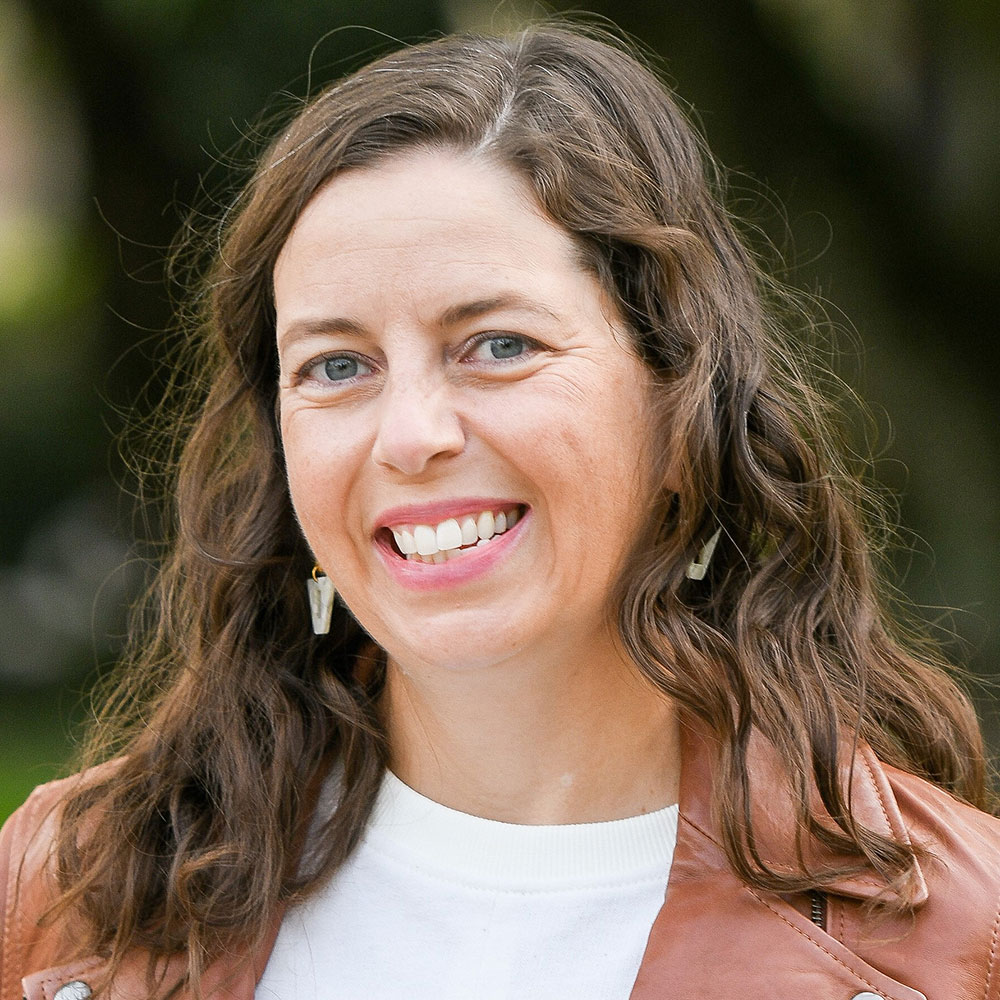
Allison Miller
Secretary
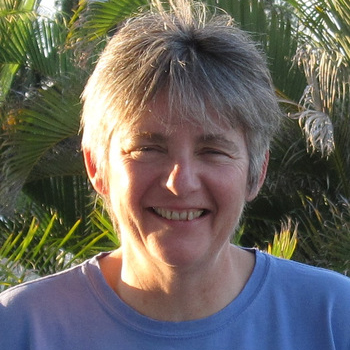
Susan Banahan
Treasurer
Ellen Kappel
Director of Publications
Background photo credit: Thomas Horig/Ocean Image Bank

© 2024 The Oceanography Society
1 Research Court, Suite 450-117, Rockville, MD, 20850, USA | Phone: (1) 301-251-7708 | [email protected] | Privacy Policy